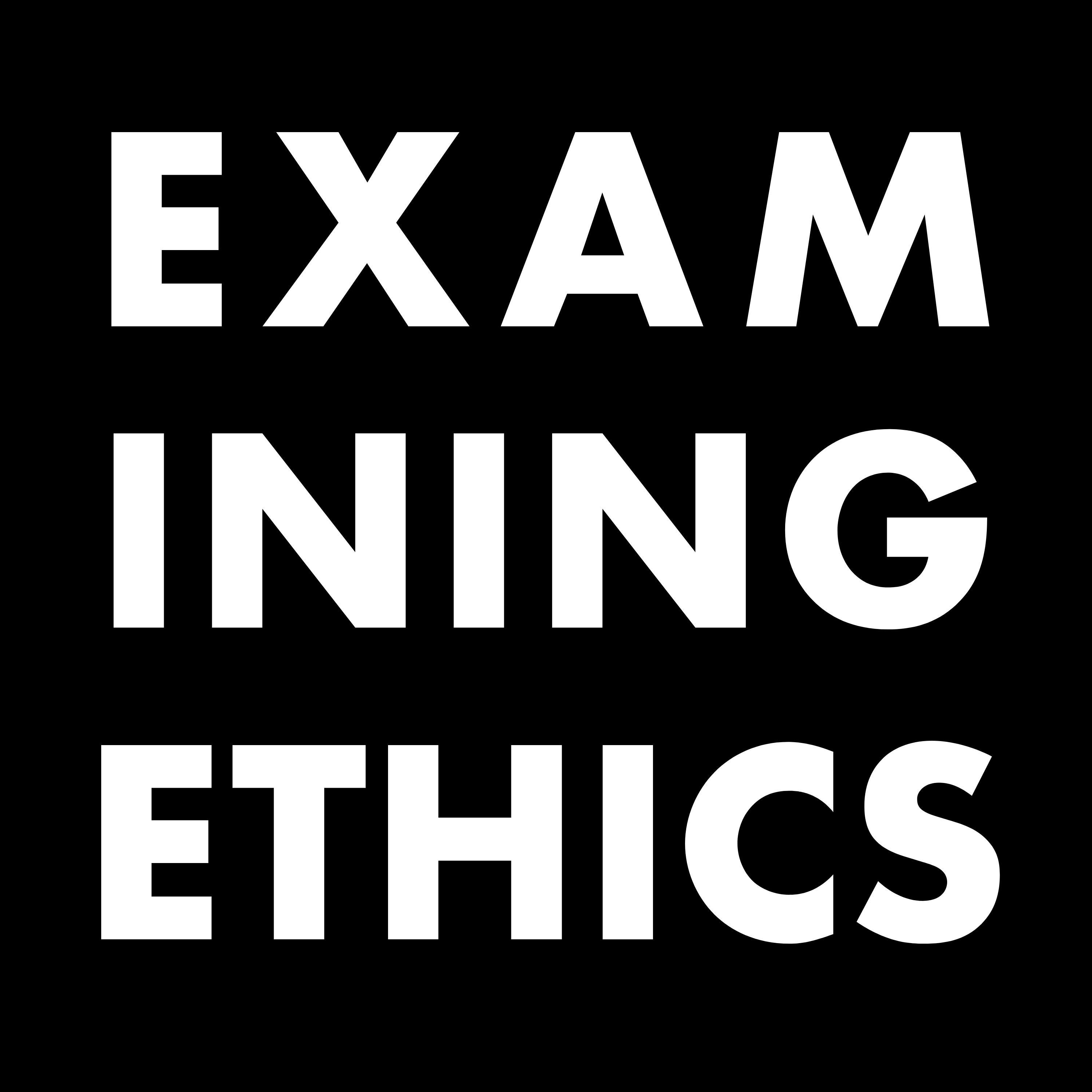Candice Delmas explains that the very reasons that we have to follow the law in society can also mean we should to break the law in unjust societies.
Sheron Fraser-Burgess explains how educators can take principles from deliberative democracy and apply them to a classroom setting to discuss ethics.
Our guest today, professor of law Ekow Yankah, argues that police power is often deployed in a misguided attempt to solve deep economic and social problems.
The Pacific Crest Trail is fertile ground for reflecting on philosophical puzzles and questions about nature and ethics for our guest Martin Bunzl.
Allison Wolf explains how feminism, and its focus on oppression, can shed light on the problem of justice and immigration ethics.
Philosopher Noami Zack argues that identity politics has no place in the government and offers an alternative vision for the future of America.
The philosopher and political scientist Candice Delmas is on the show to help us understand civil disobedience, and its potential value to society.
Care impacts all of our lives intimately. Here to discuss the ethics of care with us is Maurice Hamington, a professor at Portland State University whose work on care spans decades.
On today's podcast, Dr. Govind Persad–an expert in bioethics–argues that legislators should think through more equitable options for distributing vaccines.
Meena Krishnamurthy is a philosopher whose recent work explores the value of political emotions in Martin Luther King Jr.’s writing and activism.
Michael McCullough joins the podcast to discuss the difficult questions around the evolution and development of human kindness and morality.
Brandon Warmke, one of the authors of book Moral Grandstanding: The Use and Abuse of Moral Talk, discusses the importance of moral discourse.
Ashley C. Ford is on the show to discuss her thoughts on–and the ethics of–self-love, relationships and family. Her memoir, Somebody's Daughter, is out now.
On the show today are two philosophers who explore a disorder known as Scrupulosity, a condition in which people are obsessive about morality.
On today's show we hear from Chris Robichaud and Thomas Wartenberg, two professors committed to bringing moral philosophy to young learners.
Neuroscientist Joshua Greene is on the podcast to explain how our brains make moral decisions and why this matters in morality amongst groups of people.
Beth Benedix joins the podcast to discuss how our encounters with each other and with the stories we tell affect the way we think through ethics.
On today's podcast, Beth Benedix discusses her book Ghost Writer (A Story about Telling a Story) and the ethics of narrative.
On today's podcast, philosopher Alison Bailey explains exactly what epistemic pushback is, and discusses the ways it slows down classroom conversations.
On this podcast, the philosopher Christopher Preston explores the ethics of technologies that have the potential to radically reshape the world.
Care work can be physically and emotionally complex. Philosopher Joel Reynolds is on the podcast to discuss the ethics of care.
Robin Zheng is on the podcast to discuss her fascinating theory about the relationship between individual responsibility and structural injustice.





